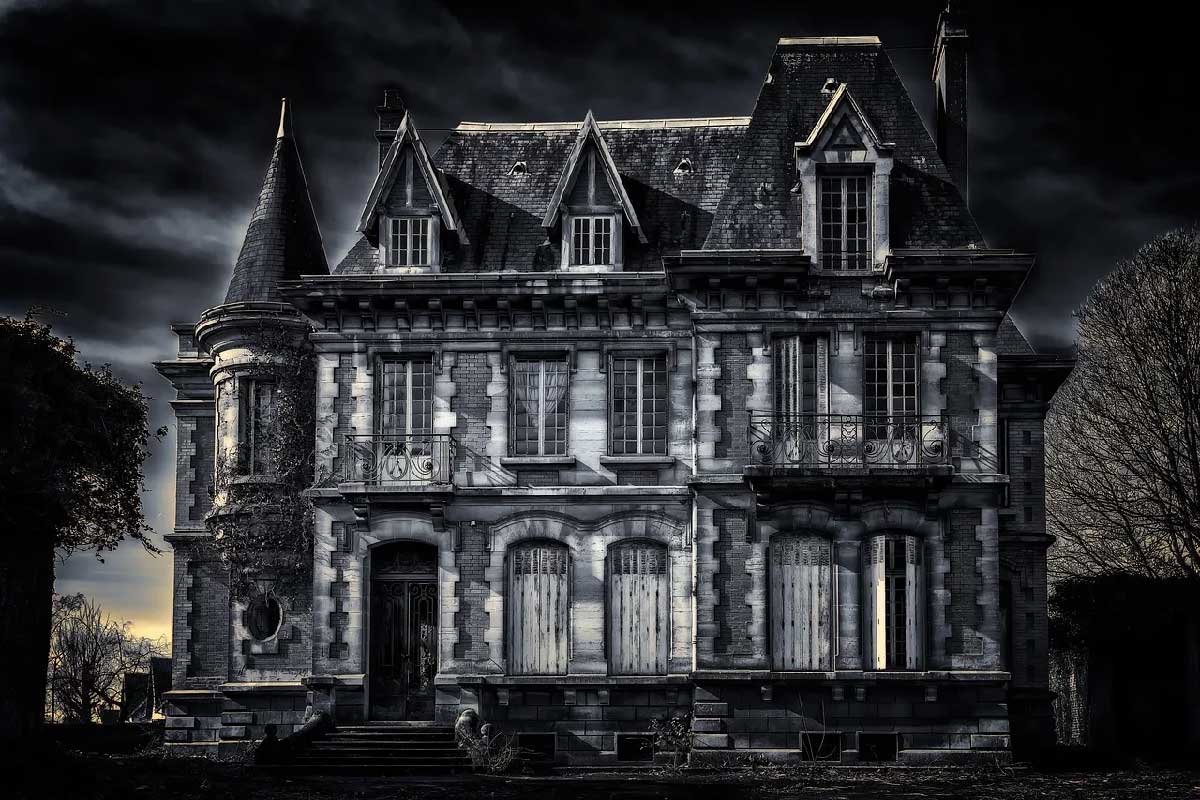Boo! It’s already October, and Halloween looms. My family loves the spooky holiday, ghost stories and horror films. Recently we watched a few frightening flicks with a common theme: An unsuspecting family moves into an old, “charming” house. They are blissfully unaware of its violent past. Because of the horror that occurred there, the property is haunted, usually by angry poltergeists. And the locals know all about it.
My favorites in this genre include The Amityville Horror, The Disappointments Room, and two seasons of American Horror Story. But how could that could happen in real life? Wouldn’t the seller be legally obligated to disclose the presence of unwanted guests who walk the hallways?
The answer depends on where you live. Every state imposes different disclosure requirements for residential sellers. What about our own Commonwealth of Massachusetts, the home of the Salem witch trials, Lizzie Borden, and several supposedly haunted venues, such as Concord’s Colonial Inn, Danvers State Hospital, Salem’s Hawthorne Hotel or Gardner’s S.K. Pierce House?
In Massachusetts, Sellers Must Disclose Physical Defects but Not Paranormal History
In the Bay State, a seller must disclose to a potential buyer certain defects, such as a faulty septic system or the presence of lead paint. Under MGL c. 93, sec. 114, however, a seller has no affirmative duty to disclose that a property is “psychologically impacted.” According to that statute, a “psychologically impacted” property includes a site of a past “felony, suicide, or homicide”; the former home of a resident with AIDS or “any other disease which reasonable medical evidence suggests to be highly unlikely to be transmitted through the occupying of a dwelling”; or a place with “alleged parapsychological or supernatural phenomenon.”
The statute flies out a window, however, if a potential buyer directly asks the seller a ghoulish question. In that case, the seller must disclose any knowledge of eerie incidences. Why does the law draw a line between septic tanks and phantoms? Perhaps because the first is tangible, observable and testable, while the latter is not.
How to Be Certain the Home You Want to Buy Isn’t Haunted!
So how would a potential buyer find out whether a property is psychologically impacted? Here are some simple suggestions if you sense a ghostly whiff:
- Directly ask the seller or seller’s broker;
- Chat up the neighbors, who may be willing to gossip;
- Visit the local police station and inquire about possible past crimes at the house in question;
- Do research at the local newspaper; or
- Search the address on-line for any spine-tingling tidbits.
We certainly hope, when you buy your next home and hear something go bump in the night, that it’s only the furnace. So do your research to make sure there aren’t any skeletons in the closet, even if there’s only a ghost of a chance! And if you need legal advice about buying a new home, we’d be happy to help.

